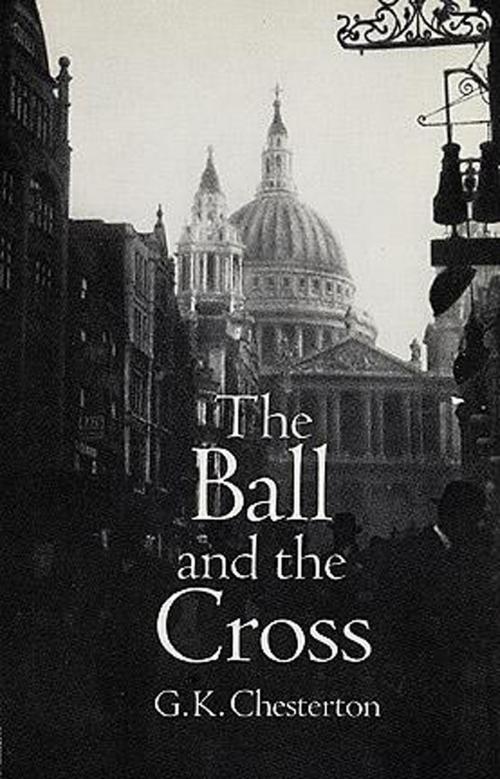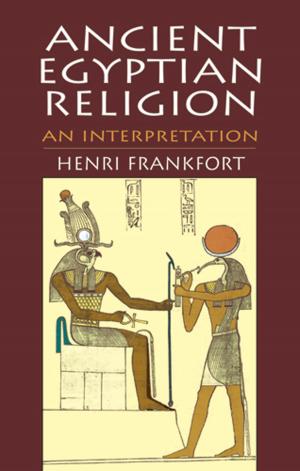| Author: | G. K. Chesterton | ISBN: | 9780486121987 |
| Publisher: | Dover Publications | Publication: | September 4, 2013 |
| Imprint: | Dover Publications | Language: | English |
| Author: | G. K. Chesterton |
| ISBN: | 9780486121987 |
| Publisher: | Dover Publications |
| Publication: | September 4, 2013 |
| Imprint: | Dover Publications |
| Language: | English |
Like much of G. K. Chesterton's fiction, The Ball and the Cross is both witty and profound, cloaking serious religious and philosophical inquiry in sparkling humor and whimsy. Serialized in the British publication The Commonwealth in 1905-06, Chesterton's second novel first appeared in book form in America in 1909, delighting and challenging readers with its heady mixture of fantasy, farce, and theology.
The plot of The Ball and the Cross chronicles a hot dispute between two Scotsmen, one a devout but naive Roman Catholic, the other a zealous but naive atheist. Their fanatically held opinions—leading to a duel that is proposed but never fought—inspire a host of comic adventures whose allegorical levels vigorously explore the debate between theism and atheism.
Martin Gardner's superb introduction to The Ball and the Cross reveals the real-life debate between Chesterton and a famous atheist that provided inspiration for the story, and it explores some of the novel's possible allegorical meanings. Appraising the book's many intriguing philosophical qualities, Mr. Gardner alerts readers as well to the pleasures of its "colorful style . . . amusing puns and clever paradoxes . . . and the humor and melodrama of its crazy plot."
Like much of G. K. Chesterton's fiction, The Ball and the Cross is both witty and profound, cloaking serious religious and philosophical inquiry in sparkling humor and whimsy. Serialized in the British publication The Commonwealth in 1905-06, Chesterton's second novel first appeared in book form in America in 1909, delighting and challenging readers with its heady mixture of fantasy, farce, and theology.
The plot of The Ball and the Cross chronicles a hot dispute between two Scotsmen, one a devout but naive Roman Catholic, the other a zealous but naive atheist. Their fanatically held opinions—leading to a duel that is proposed but never fought—inspire a host of comic adventures whose allegorical levels vigorously explore the debate between theism and atheism.
Martin Gardner's superb introduction to The Ball and the Cross reveals the real-life debate between Chesterton and a famous atheist that provided inspiration for the story, and it explores some of the novel's possible allegorical meanings. Appraising the book's many intriguing philosophical qualities, Mr. Gardner alerts readers as well to the pleasures of its "colorful style . . . amusing puns and clever paradoxes . . . and the humor and melodrama of its crazy plot."















